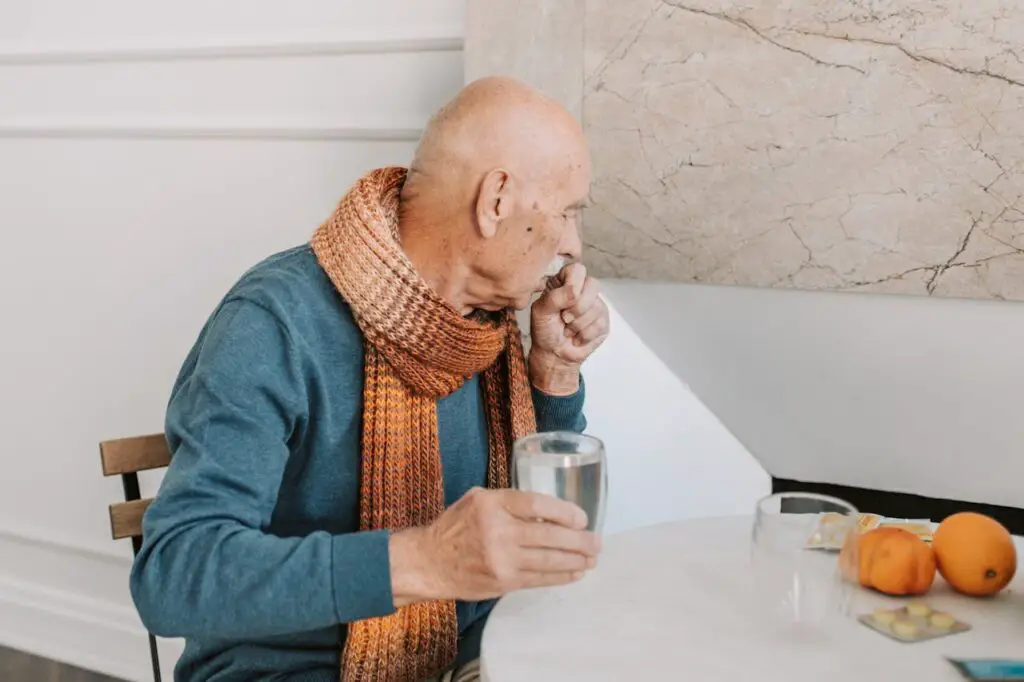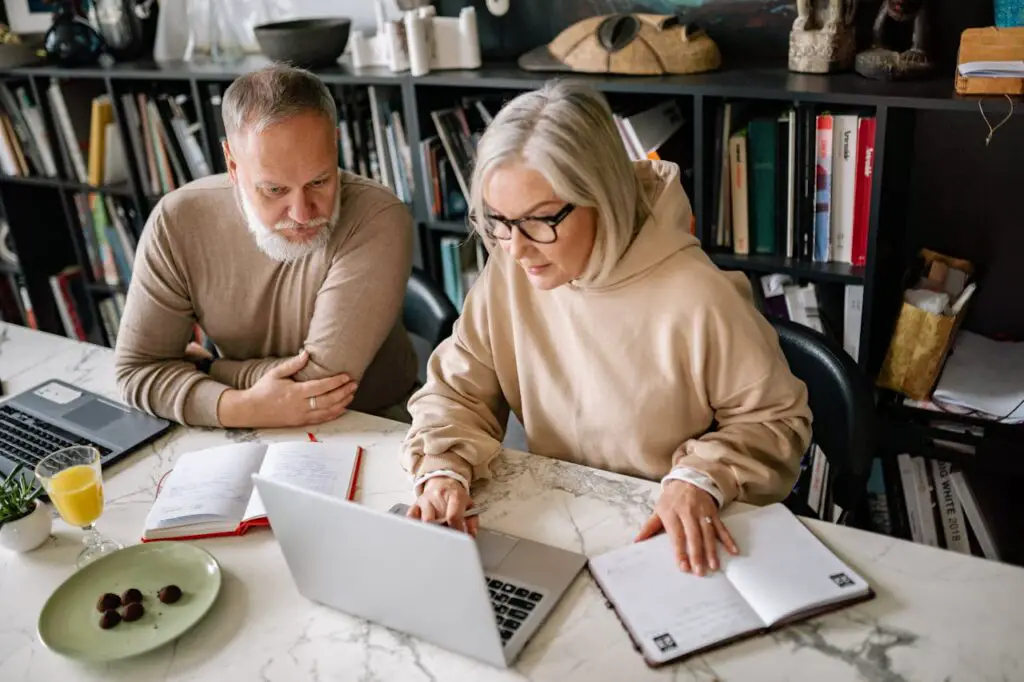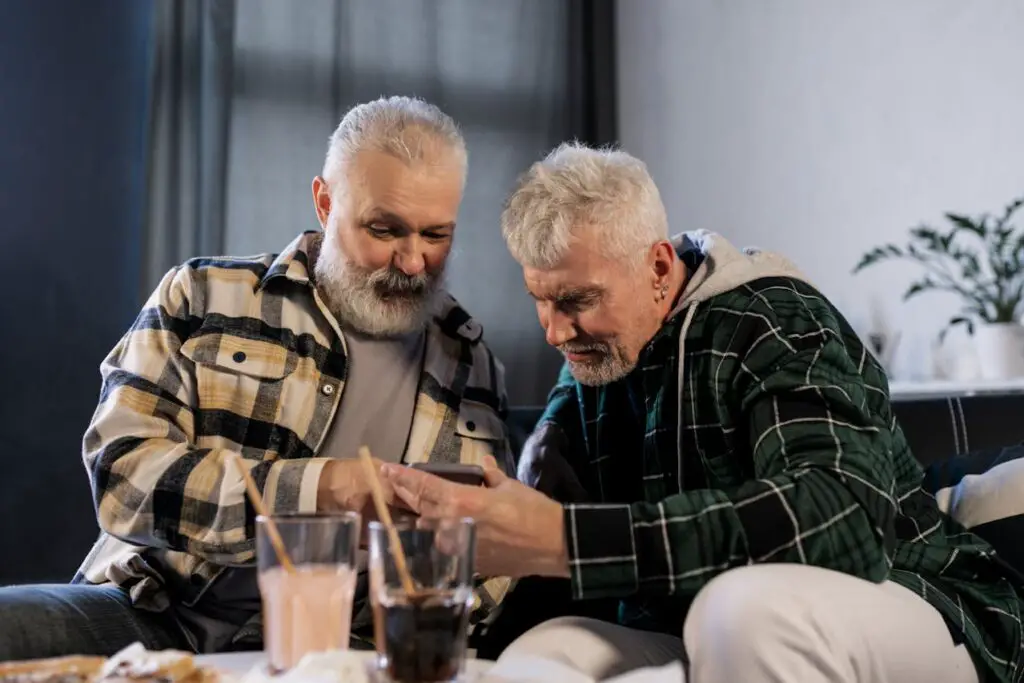11 Common Reasons Older Men Struggle to Maintain Friendships

Friendships are one of life’s greatest treasures, yet many older men in the United States find that maintaining those connections gets tougher with age. Maybe you had a group of close friends when you were younger, but now the phone hardly rings. Or perhaps you look around and realize most of your social life revolved around work—and now that you are retired, things feel a little too quiet.
The truth is, you are not alone. Studies show that men often lose friends more quickly as they age, and many report feeling isolated or lonely. While women tend to build emotional support systems that carry through life, men often let friendships fade without meaning to. But knowing the reasons behind this can help you change course.
Below, we explore 11 common reasons older men struggle to maintain friendships—and offer some real-world insights to help you keep those connections strong.
1. Friendships Were Often Tied to the Workplace

For decades, many men found friendship at the office, the job site, or during after-work outings. Work created a built-in social network without requiring much effort. But once retirement begins, those relationships often fade, leaving men without the daily contact they once took for granted. Without a conscious plan to keep in touch, these connections can disappear quickly.
2. Gender Norms Discourage Emotional Sharing

Older generations of men were often raised to “tough it out” and keep their emotions under wraps. While that approach may have worked at the time, it can create a barrier to forming deeper, lasting friendships. When conversations stay surface-level, friendships may feel less fulfilling and eventually fade. Opening up, even in small ways, can make a huge difference in maintaining meaningful bonds.
3. Low Expectations for Adult Male Friendships

Many men fall into the trap of believing friendships do not need much maintenance—seeing a buddy once every few years feels fine. But friendships, like gardens, need attention. Without check-ins, plans, or shared experiences, even the strongest connections weaken. Treating friendships as something that requires regular care can keep them alive and well.
4. Loss of Friends to Life Changes

Time can change the landscape of a man’s social circle. Retirement, relocation, illness, or even the passing of close friends can shrink one’s network. Losing a friend, whether through distance or death, can leave a noticeable hole that is not easily filled. While it may feel discouraging, reaching out to old acquaintances or making new connections can help soften the impact.
5. Health and Mobility Issues

Aging often brings physical challenges, from joint pain and fatigue to hearing difficulties or limited mobility. These issues can make socializing more complicated. Driving across town or standing for long periods may no longer feel doable, leading men to stay home instead. Seeking out accessible social options—like nearby community groups or video calls—can help overcome these barriers.
6. Ageism and Feeling Socially Invisible

It is no secret that American culture tends to glorify youth. Older men may feel overlooked or dismissed, particularly in mixed-age settings. That sense of invisibility can make socializing feel awkward or discouraging. The good news? Many communities now offer groups and events specifically designed for older adults, creating welcoming spaces where age is celebrated, not ignored.
7. Limited Time or Energy for Social Maintenance

Ironically, even after retirement, many older men feel busier than ever. Between family responsibilities, caregiving, and managing personal health, there is little energy left for friendships. Socializing may feel like a luxury rather than a necessity. Yet, even small efforts—like a weekly phone call or a quick coffee date—can keep friendships alive without draining your schedule.
8. Reliance on Romantic Partners

It is common for older men to rely heavily on their spouses or partners to handle social plans. While convenient, this can mean fewer independent friendships. If something happens to the relationship or the partner passes away, men may find themselves socially adrift. Taking personal initiative—whether suggesting outings, joining clubs, or reconnecting with old friends—builds a stronger safety net.
9. Fewer Shared Spaces (“Third Places”)

In the past, places like local diners, community centers, or neighborhood bars provided easy opportunities to connect. These “third places,” outside of home and work, have become less common. Without these casual gathering spots, friendships often fade. Joining hobby-based groups, fitness classes, or volunteer programs can help fill the gap.
10. Technology and Digital Disconnect

While technology makes it easier than ever to stay connected, many older men feel left behind by the digital world. They may not use social media, messaging apps, or video calls as often as younger people do. As a result, they miss out on the quick check-ins that keep friendships strong. Learning basic digital tools can open up a whole new world of connection.
11. Shrinking Social Circles by Choice

Sometimes, men intentionally narrow their circles as they age, choosing to spend time only with a select few. This can bring comfort and reduce stress, but it also makes social losses more impactful. If one close friend moves away or passes on, the support network may suddenly feel too small. Balancing deep friendships with a few lighter connections can create more resilience.
Final Thoughts

Friendships are not just nice to have—they are essential for happiness and health as we age. While it is true that many older men face challenges in maintaining these bonds, recognizing the reasons why is the first step toward change.
Think of friendship like a muscle: if you do not use it, it weakens. But with regular attention—whether through a weekly call, a shared activity, or simply being more open—friendships can grow stronger, even in later years. It is never too late to build or rebuild the connections that make life richer.
So, pick up the phone, join that community group, or send that message you have been putting off. Your future self will thank you for keeping those friendships alive and thriving.
Leave a Reply